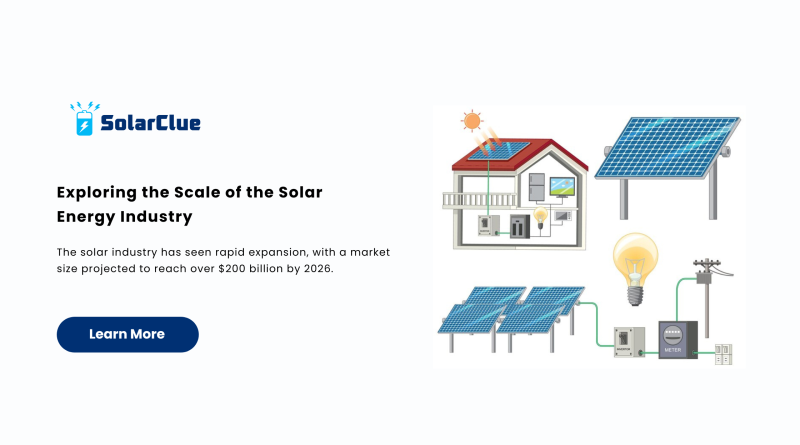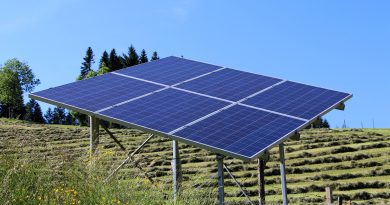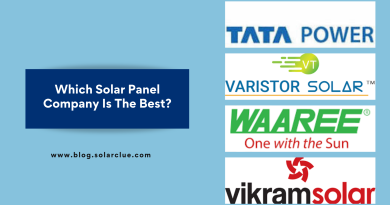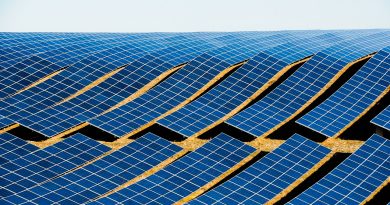Exploring the Scale of the Solar Energy Industry
The solar energy industry has been experiencing exponential growth in recent years. With increasing concerns about climate change and a push for sustainable energy, more individuals and businesses are investing in solar power solutions. From solar power plants to solar panels for home, the market has expanded significantly, making solar one of the fastest-growing renewable energy sectors.
Table of Contents
The Global Market Size of Solar Energy Industry
The solar industry has seen rapid expansion, with a market size projected to reach over $200 billion by 2026. The increased demand for solar power systems has been fueled by government incentives, falling costs of solar panels, and the growing need for clean energy.
Key Market Drivers
1. Declining Costs: The cost of solar panels has dropped by more than 80% in the last decade, making solar power more accessible.
2. Government Support: Many governments worldwide offer tax credits and incentives for installing business solar panels and solar panels for home.
3. Technological Advancements: Innovations in solar power system technology have improved efficiency, making solar energy a viable alternative to traditional fossil fuels.
Growth of Solar Power Plants
Solar power plants play a crucial role in the expansion of the solar energy plant sector. Large-scale solar power systems are being developed worldwide, with China, the US, and India leading in installations. These solar power projects contribute significantly to the global energy supply, reducing reliance on coal and gas.
Largest Solar Power Plants in the World
1. Bhadla Solar Park, India – Over 2,245 MW capacity.
2. Tengger Desert Solar Park, China – Producing over 1,500 MW of solar power.
3. Noor Abu Dhabi, UAE – A solar energy plant with a 1,177 MW capacity.
Role of Solar Panel Manufacturers
The solar industry relies heavily on the production and distribution of solar panels. Some of the top solar panel manufacturers include:
1. First Solar (USA)
2. JinkoSolar (China)
3. Canadian Solar (Canada)
4. Trina Solar (China)
These companies are driving innovation in solar energy technology, improving efficiency and durability.
Business Solar Panels and Their Impact
Companies across various industries are adopting business solar panels to reduce operational costs and decrease carbon footprints. Installing a solar power system allows businesses to generate their own solar power, leading to long-term savings. Some companies even sell excess solar energy back to the grid.
Solar Panels for Home: The Rising Trend
Residential solar adoption has surged, with more homeowners installing solar panels for home to save on electricity bills. With financing options like solar leases and power purchase agreements (PPAs), solar power is now accessible to more households.
The Future of the Solar Industry
The future of the solar energy market is promising, with advancements in battery storage, smart grids, and AI-driven energy management systems. With continued investment and support, solar energy will play a key role in achieving a sustainable future.
Conclusion
The solar energy industry is booming, offering significant opportunities for investors, businesses, and homeowners alike. With the increasing affordability of solar panels, the rise of solar power plants, and innovations from top solar panel manufacturers, the future of solar power looks brighter than ever.
FAQs
1. How much does a solar power system cost?
The cost varies, but on average, a residential solar power system costs between $10,000 to $30,000 after tax credits.
2. What are the benefits of using solar panels for home?
Homeowners can reduce electricity bills, increase property value, and decrease their carbon footprint by using solar panels for home.
3. Which companies are leading in solar panel manufacturing?
Top solar panel manufacturers include First Solar, JinkoSolar, Canadian Solar, and Trina Solar.
4. Are business solar panels worth the investment?
Yes, business solar panels provide long-term savings, energy independence, and sustainability benefits.
5. How does a solar energy plant work?
A solar energy plant captures sunlight using solar panels, converts it into electricity through inverters, and distributes it via the power grid.
With the continued growth of the solar industry, there has never been a better time to invest in solar power for both residential and commercial use.
Questions? Hit us up on our website anytime!




